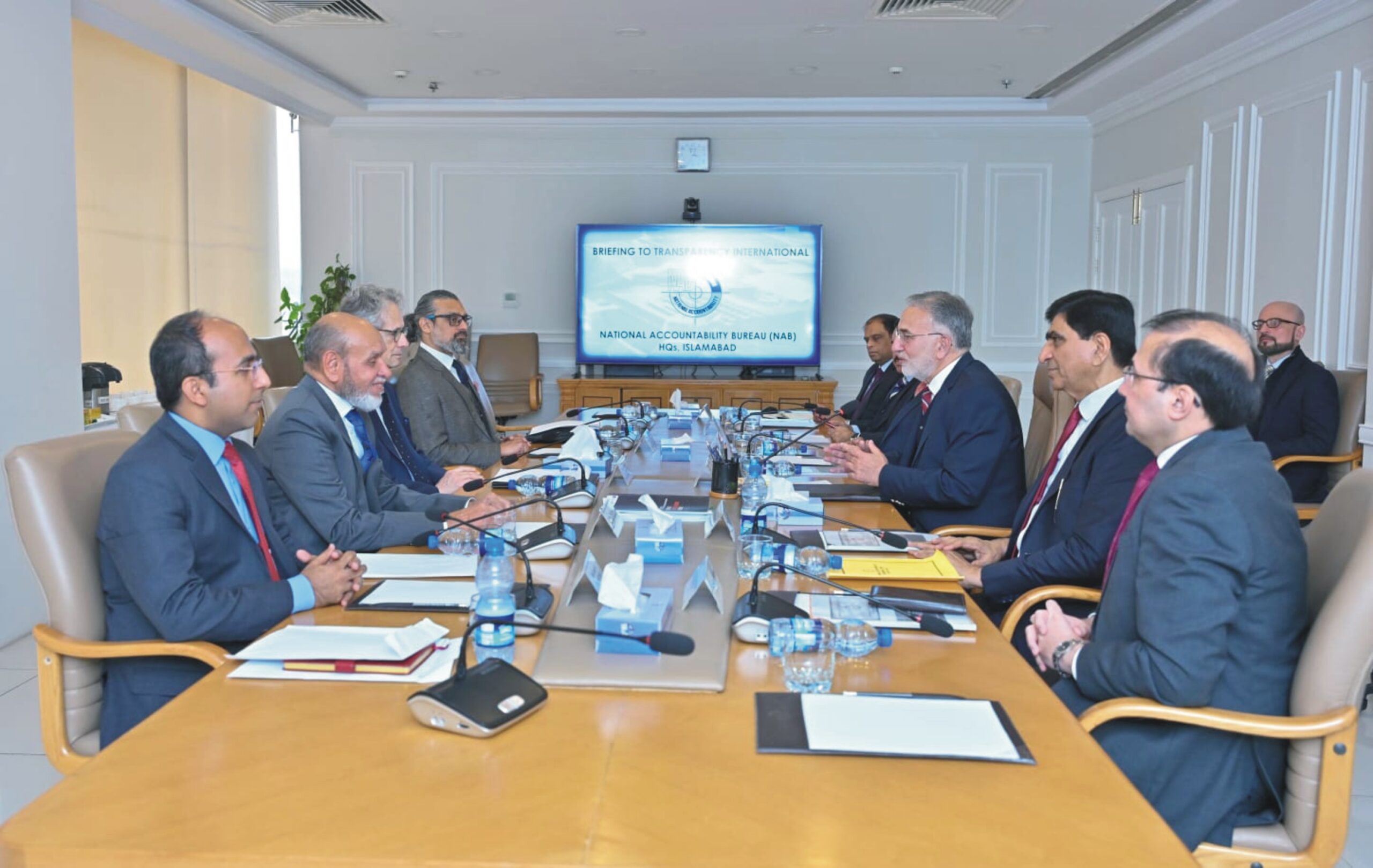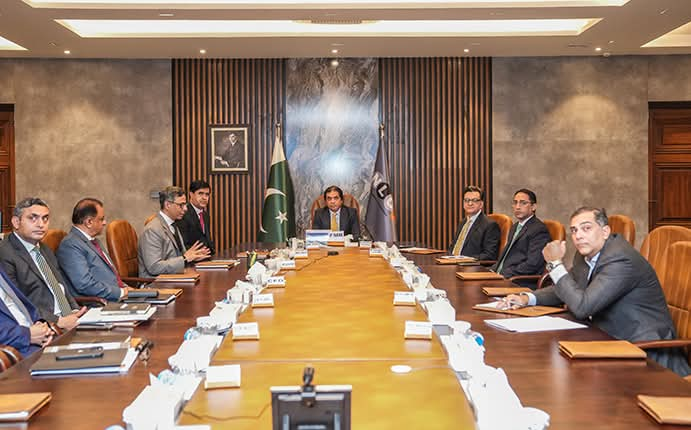HYDERABAD – The United Nations Office on Drugs and Crime (UNODC) and the United States Mission to Pakistan jointly handed over the formal control and implementation of the Prison Management Information System (PMIS) to the Prison Department, Government of Sindh, through a special ceremony hosted in Hyderabad on Tuesday.
The PMIS has been intuitively designed to replace the redundant manual file system with a Central Data Centre to drive functionality and interoperability across all prisons in Sindh. In addition, the ceremony was accompanied by the inauguration of the Prisons Staff Training Academy in Hyderabad, which is constructed with the generous support of the U.S. Government. The Training Academy would go a long way in developing a cadre of professionally trained staff for prisons.
The ceremony was graced by Syed Murad Ali Shah, the Chief Minister, Sindh, who praised the automation of prison records as a breakthrough innovation to enhance the efficiency of prison administration in Sindh. He underscored the commitment of the Government of Sindh through the allocation of 10 M PKR for the establishment of a Virtual Private Network, which will help to sustain the PMIS across prisons in Sindh. He also appreciated the support from the U.S. Government and UNODC that went beyond the provision of funds and equipment to offering hands-on training to a cadre of 173 master trainers from a cross-section of staff, including security, health, jail management, and Inspectorate General of Prisons in Sindh. This would ensure adaptability and transfer of technology for an efficient administration of the PMIS.
The ceremony was also attended by a delegation from the US Mission to Pakistan including U.S. Consul General Karachi, Mark Stroh, and Mark Tervakoski, the Director of the U.S. Embassy’s International Narcotics and Law Enforcement Section, who appreciated the functionality of the PMIS and the intended benefits of Prison Staff Training Academy, which will go a long way in supporting prison reforms and broader agenda of enhancing the performance of the Criminal Justice System in Sindh. Mr. Jeremy Milsom, Representative, UNODC thanked the Chief Minister, Sindh and stakeholders for their support and ownership of this important transformation through the PMIS. He appreciated the U.S. Government for its generous support, and stressed the importance of accessible and transparent data that can help in reforming the prison system through effective decision-making.
The event was well-attended by the Inspector General, Prisons Sindh, Mr. Kazi Nazeer Ahmed, along with other distinguished guests from the law enforcement and criminal justice system in Sindh. The participants acclaimed PMIS as a groundbreaking innovation to leverage technology. The setting up of Central Data Control Center at the Inspectorate General Prisons Karachi and the Prison Staff Training Academy in Hyderabad are also steps towards ensuring the sustainability of prison reforms. This Project is supported by the U.S. Mission to Pakistan’s International Narcotics and Law Enforcement (INL) Section and implemented by the United Nations Office on Drugs and Crime, Country Office in Pakistan (UNODC COPAK).







